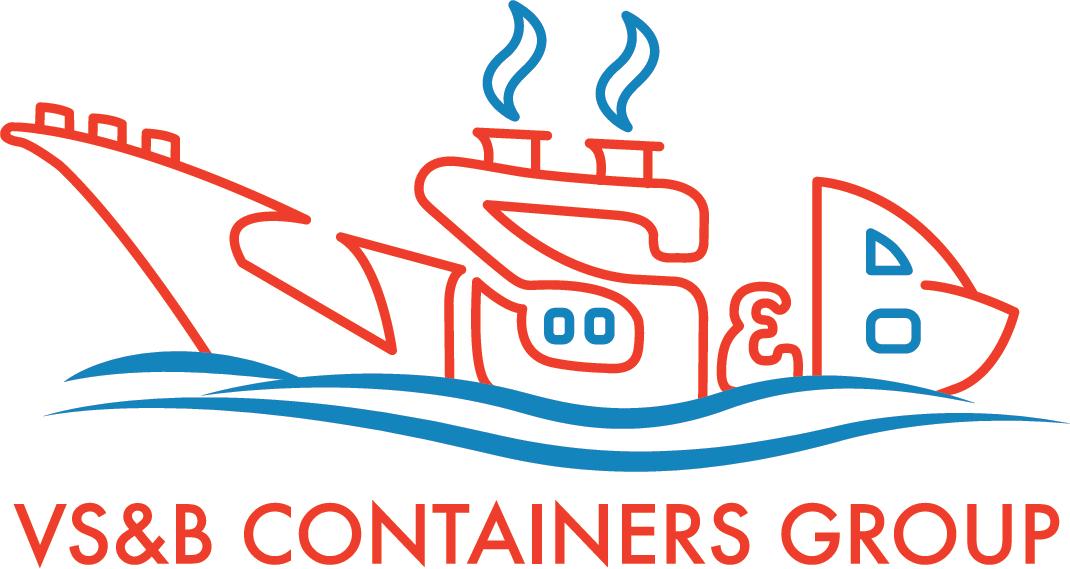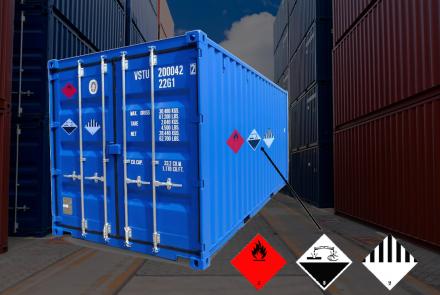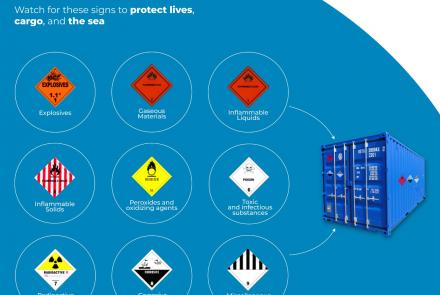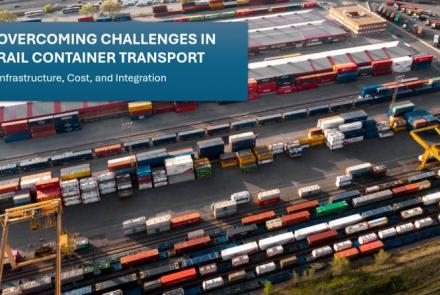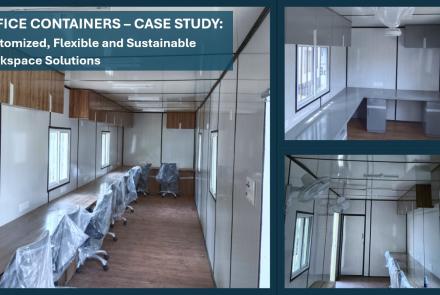THE ROLE OF INCOTERMS IN THE SMOOTH FUNCTIONING OF INTERNATIONAL TRADE AND COMMERCE
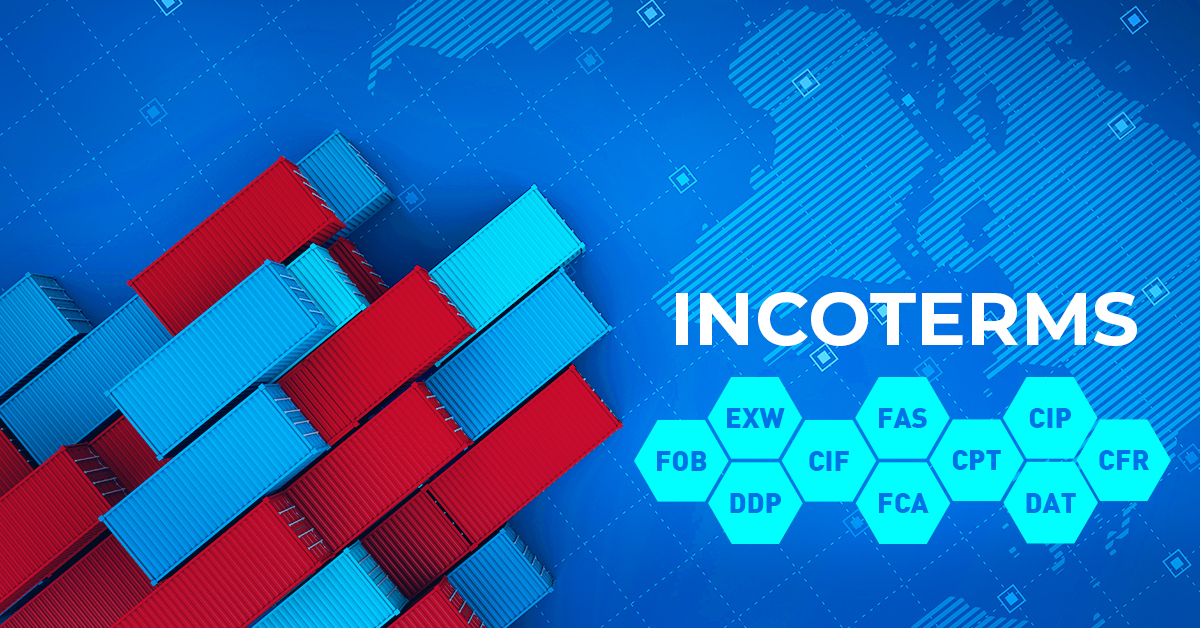 A standard collection of trade terms known as International Commercial Terms, commonly abbreviated as INCOTERM is used in international transactions to stipulate the obligations of buyers and sellers regarding delivery of products. Contracts for the sale of commodities are commonly written using these terms and issued by the International Chamber of Commerce (ICC).
A standard collection of trade terms known as International Commercial Terms, commonly abbreviated as INCOTERM is used in international transactions to stipulate the obligations of buyers and sellers regarding delivery of products. Contracts for the sale of commodities are commonly written using these terms and issued by the International Chamber of Commerce (ICC).
A set of three-letter identifiers known as INCOTERM, lays down conditions for the delivery of goods. Each code outlines the obligations of the customer and seller on shipping, insurance, and other expenses related to the delivery of the goods.
INCOTERM Codes
-
FOB (Free On Board): The buyer must plan and arrange the transportation of the goods from the port of shipping to the final destination. The seller is responsible for transporting the items to the port of shipment.
-
EXW (Ex Works): The buyer bears additional costs and hazards associated with delivering the items to the final destination. The seller is only required to make the goods available at their own facilities or at another specified place.
-
DDP (Delivered Duty Paid): The seller ships products to the buyer's specified location, covering the shipping and insurance charges, and taking on all risks and expenses related to customs clearance at the final destination. The customer has to settle only the cost of the merchandize.
-
CIF (Cost, Insurance and Freight): Cost, insurance and freight is what a seller pays to cover the cost of shipping, as well as the insurance to protect against the potential damage of loss to a buyer's order. Similar to CFR, CIF also mandates the seller to purchase a predetermined amount of marine insurance to cover loss from damage or destruction.
-
FAS (Free Alongside Ship): According to FAS, commodities are deemed to have been delivered when the seller's ship docks next to the buyer's ship or at the destination port. The customer bears the cost of shipping. At the point of arrival, ownership of any lost or damaged cargo passes to the buyer.
-
FCA (Free Carrier): The seller delivers the merchandize to the carrier chosen by the buyer. Because the risk thereafter transfers to the buyer under FCA shipping conditions, the parties are urged to be very specific about the designated place of delivery.
-
CPT (Carriage Paid To): The seller delivers the goods at the named place of destination, paying the cost of transport.
-
CIP (Carriage and Insurance Paid To): This is similar to CPT, but the seller also pays for the insurance of the goods.
-
DAT (Delivered at Terminal): This term is now referred to as DPU (Delivered at Place Unloaded). The seller delivers the goods when unloaded and the goods are placed at the buyer’s disposal at the designated terminal or port of destination. DAT requires the seller to discharge goods for export, where applicable, with no obligation to clear the goods for import, pay import duty or undertake import customs formalities.
-
DAP (Delivered at Place): In DAP agreements, the buyer pays import duties and applicable taxes, including clearance and local taxes, when the shipment arrives at the specified destination.
-
CFR (Cost and Freight): CFR directs the merchant to ship the items to a certain port. In accordance with CFR, the seller must plan shipment by sea to the buyer's location. This covers shipping costs but not the cost of purchasing maritime insurance.
With INCOTERM, buyers and sellers can better understand their rights and obligations concerning the delivery of goods. It serves as a common language for international trade. Buyers and sellers should carefully assess which INCOTERM is best for their transaction and include a clear definition of INCOTERMs in their contract. INCOTERM is important because it specifies the responsibilities of the buyer and seller in international trade transactions, ensuring that both sides understand their obligations and risks. It helps minimize misinterpretations and disputes which can arise from inconsistencies in law, regulations and customs practices between different countries.
The VS&B Containers group, with its headquarters in Chennai, is a major supplier of shipping containers throughout Asia and Europe. Sales of new and used shipping containers, SOC project shipments, static storage, and mobile warehousing are the company's areas of expertise. The group offers options for both short- and long-term leasing of international and duty-paid (in India) containers and has a fleet of about 30,000 containers and 11 offices. Another division of VS&B provides cutting-edge software solutions for the shipping and logistics sector.
For timely delivery of quality shipping containers, email info@vsnb.com, where VS&B experts will assist you in choosing the ideal container depending on your budgetary needs, level of flexibility, and expected returns on investment.
- Log in to post comments
